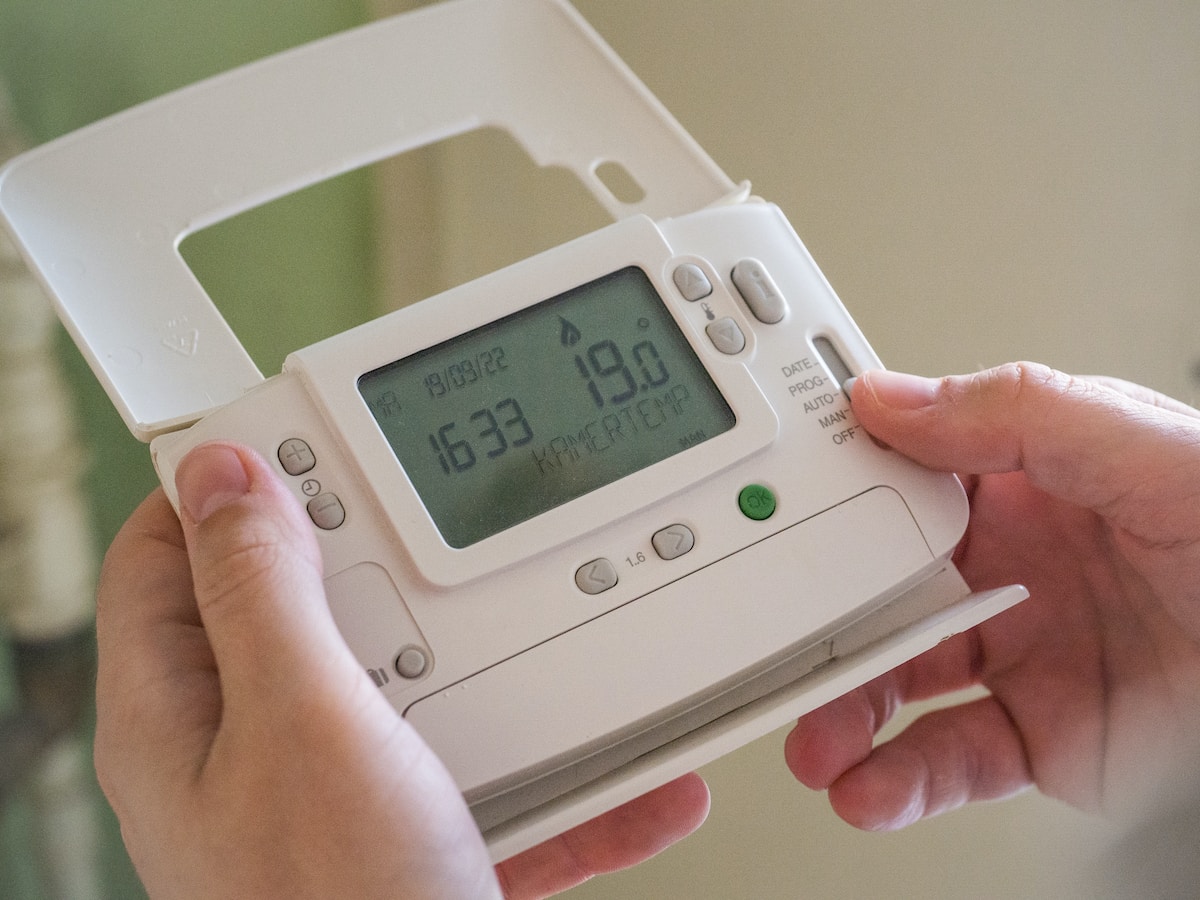According to the Welsh Government’s Child Poverty Strategy: 2022 Progress Report, the cost of living crisis is adversely affecting low-income families and individuals across Wales, with many facing fuel poverty, a challenge that disproportionately affects rural communities.
Fuel poverty is defined as households spending more than 10% of their income on heating their homes, while severe fuel poverty is defined as spending over 20% of their income on heating. Since April 1, 2022, there has been a 54% increase in the energy price cap for household fuel bills, impacting rural households that rely on oil heating and tend to have less well-insulated properties.
The Office for National Statistics reports a 107% increase in heating oil prices between January 2020 and January 2023, with estimates suggesting that up to 45% (614,000) of Welsh households could be in fuel poverty due to the rise in the price cap.
This issue has real human impacts, with people struggling to afford to heat their homes and turning to warm banks and food banks to survive. To address fuel poverty and other challenges facing rural communities, a holistic approach is needed that considers the interconnectedness of these issues and their impacts on individuals and families.


